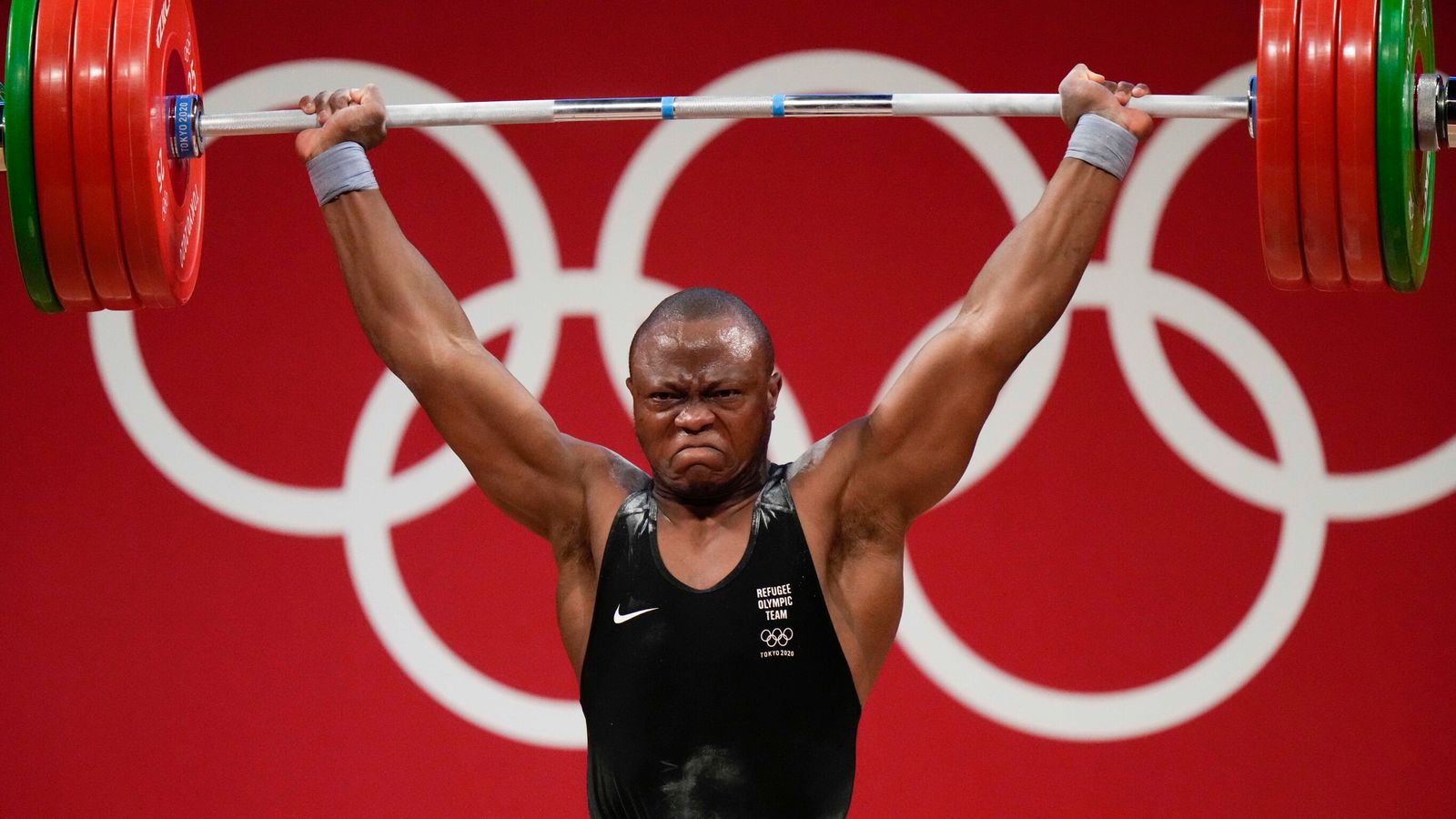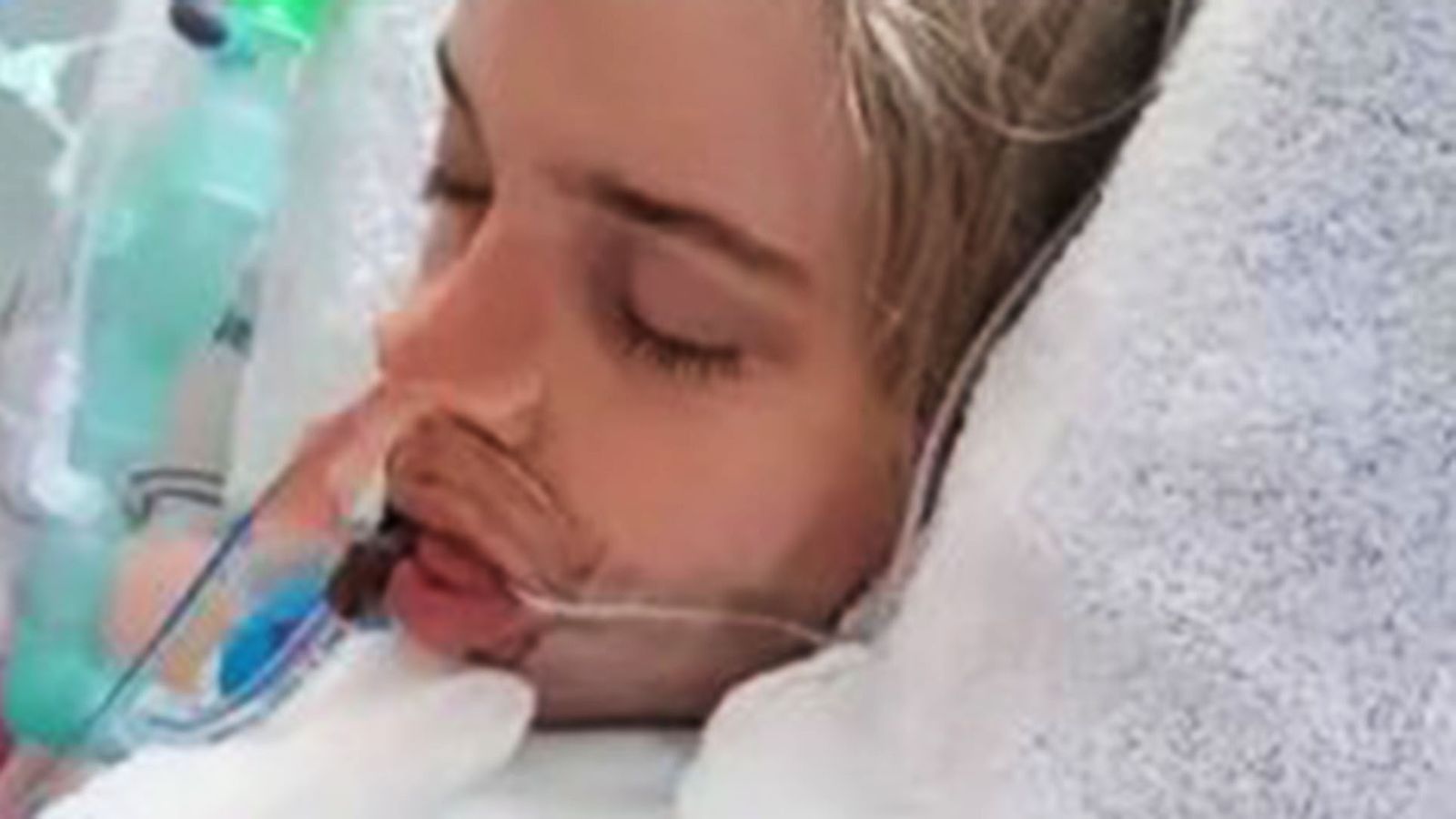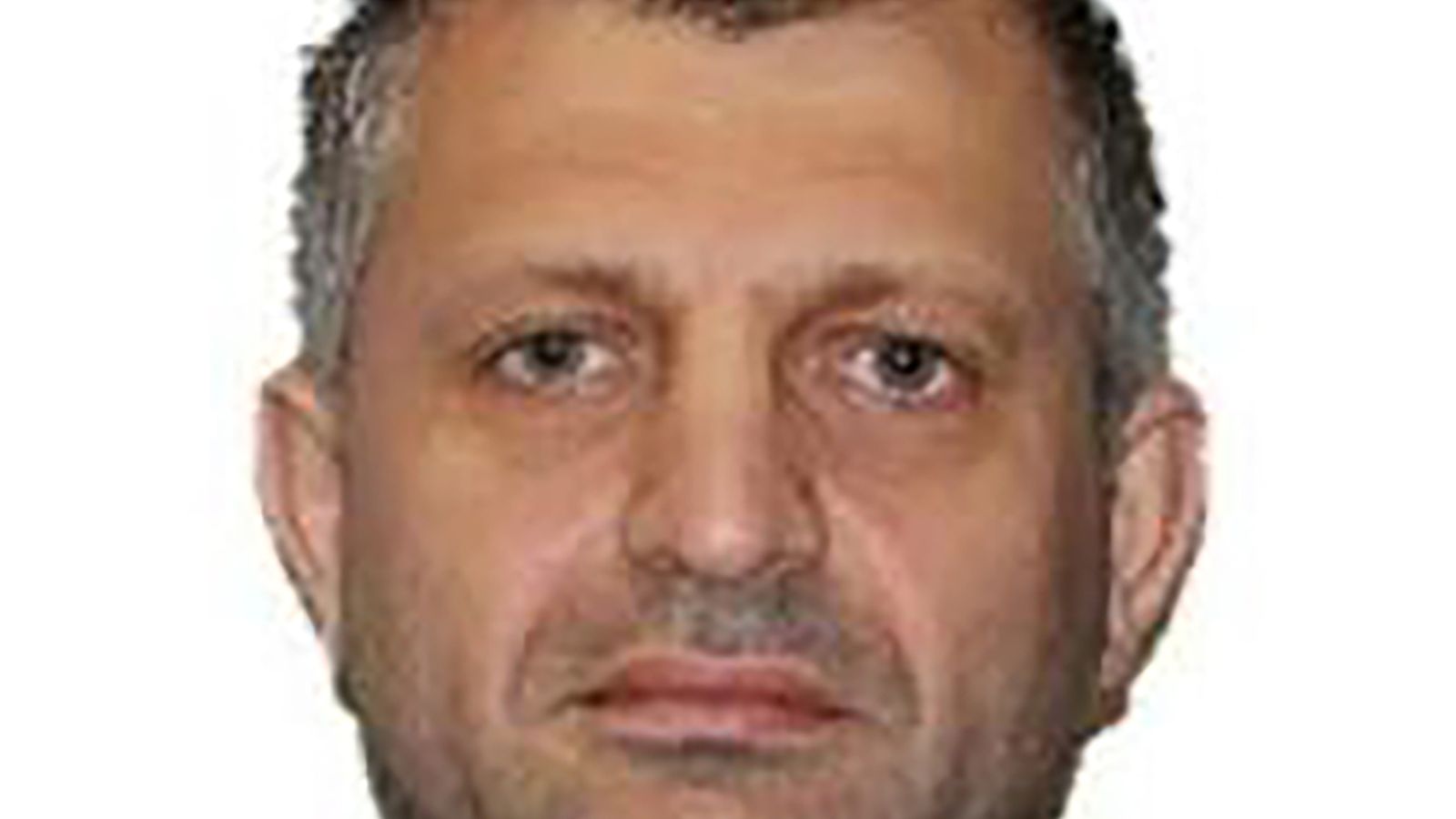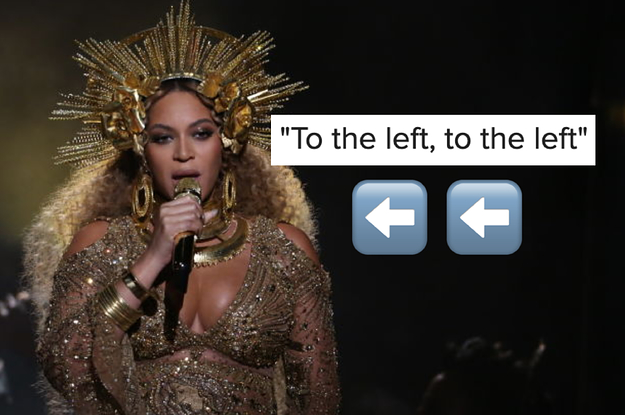As athletes prepare for the start of the Commonwealth Games in Birmingham, one member of Team England has been sharing the remarkable story of the years that led up to his selection.
Weightlifter Cyrille Tchatchet last competed in a Commonwealth Games in Glasgow in 2014 but then he was representing Cameroon.
After the Games he absconded from the athletes village. The last eight years have involved homelessness, depression and spells in immigration detention centres but earlier this year he was finally granted British citizenship.
It means this time around, he’s representing England.
“I’m extremely happy,” he says. “I’m quite honoured to be to be wearing this Team England kit.”
Speaking outside the training hall, where he’ll also compete next week, he reflects on the decision he made in Glasgow.
He says he was being blackmailed and there was a threat to his life.
British sprinter Dina Asher-Smith forced to withdraw from Commonwealth Games in Birmingham due to injury
2022 Commonwealth Games: What legacy is in store for Birmingham after hosting the games?
Birmingham: Woman found dead and man left with life threatening injuries after house destroyed in gas explosion
“At the end of the competition I deemed it not safe for me to return to Cameroon,” he says.
“I literally just walked out with my bag into the city of Glasgow where I stayed one night before making my way down south through London.”
He ended up in Brighton, sleeping under a bridge.
“It was very scary because I was 19 years old,” he says. “Suddenly finding myself sleeping rough, not being able to go back home.”
After a couple of months his mental health had deteriorated.
“It came to a point when I couldn’t take it anymore,” he says. “I made a decision of trying to terminate my life.”
But he said he saw a Samaritans sign and called their number. Two police officers came to rescue him.
But when they realised he didn’t have a passport the Home Office were called. Cyrille was arrested for being in the country illegally. He was held in a police cell before being transferred to a centre in Dover and then sent to Colnbrook immigration removal centre near Heathrow where he applied for asylum.
“Unfortunately my application was declined,” he says. “However, I was given a solicitor who then appealed.”
His lawyer successfully argued for his release from the centre and he was transferred to a shared house with other asylum seekers in Birmingham.
Once there, he decided to try to get back into weightlifting. He was put in touch with Gian Cheema, a coach at Warley Weightlifting Club in Smethwick.
Cheema recalls wanting to help him.
“He used to come and he used to train and on Friday nights. We would buy him a bit of food and put him on the train to his accommodation,” she says.
“He’s a very down to earth person, very hard-working and very dedicated.”
Tchatchet credits Cheema with his return to sport. “He gave me the keys of the club. He said, ‘you can come and train whenever you want’.
“It was very big and quite significant for my sports career because I was then able to train again.”
Read more:
British sprinter Dina Asher-Smith forced to withdraw from Commonwealth Games in Birmingham due to injury
2022 Commonwealth Games: What legacy is in store for Birmingham after hosting the games?
His training paid off with a place on the Refugee Olympic Team. He helped carry the Olympic flag during the opening ceremony in Tokyo and finished 10th in the competition.
Back in England he’d been to university and trained as a mental health nurse with the NHS, a job he still enjoys.
“I used to be the patient,” he says, reflecting back on the time he experienced depression. “I feel quite proud to be supporting people now who are going through very difficult moments.”
His opportunity to represent Team England finally came when he was awarded British citizenship earlier this year.
It means he can now look forward to the future – and to competing in the Commonwealth Games being held in the region where he lives and works.
“Birmingham helped me,” he says. “So I’m quite happy the Games are in Birmingham so that hopefully if I step on that podium, it’ll be a good way to conclude”.
Anyone feeling emotionally distressed or suicidal can call Samaritans for help on 116 123 or email [email protected] in the UK. In the US, call the Samaritans branch in your area or 1 (800) 273-TALK










